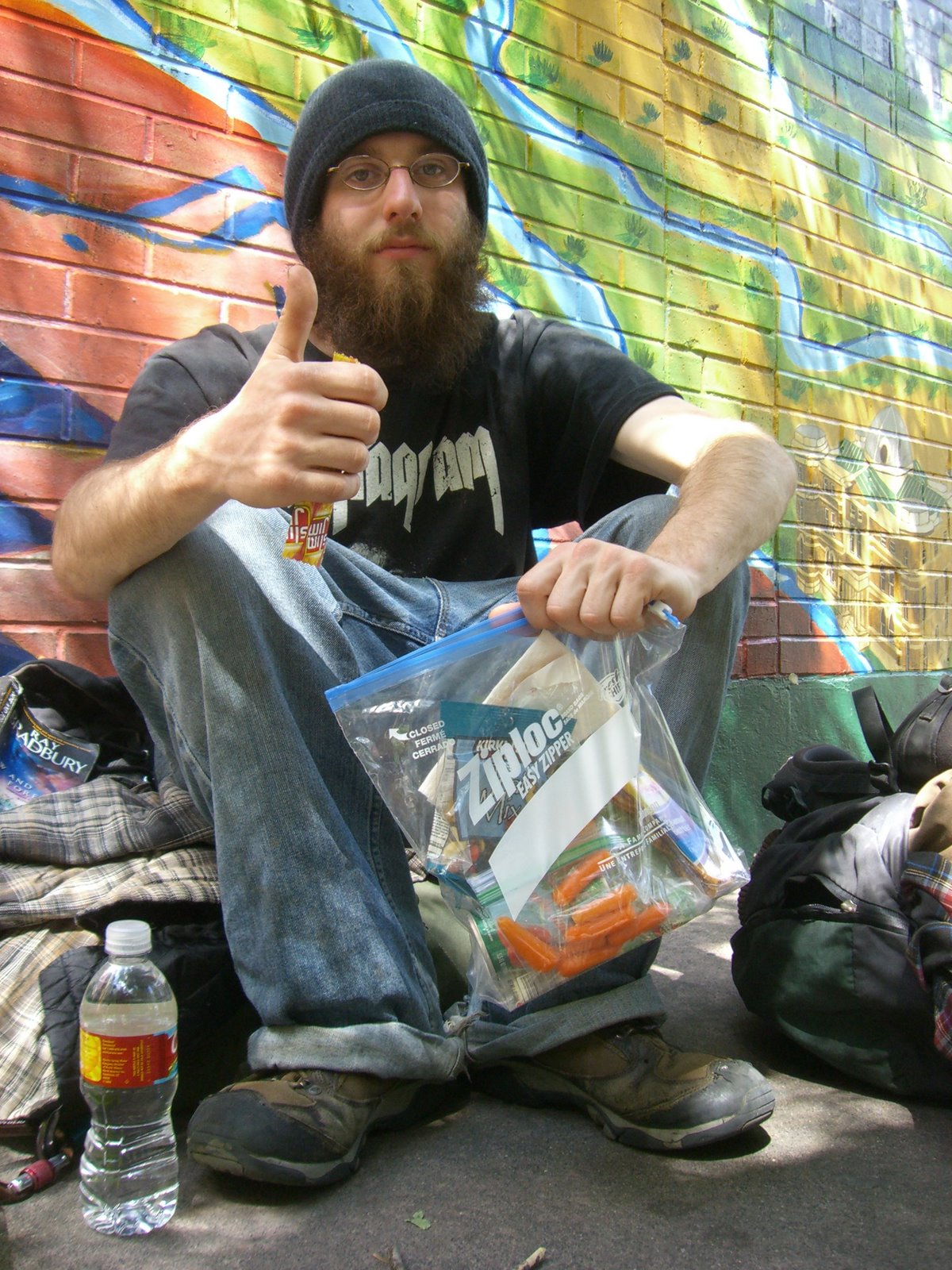Potentially good news, reported by the San Francisco Examiner:
Headline: Statewide business tax could bring new funds to combat homelessness
San Francisco could get more than $100 million a year for housing, rental assistance, shelter beds
Large corporations doing business in California would see their tax rates increase under a state bill announced Wednesday to generate $2.4 billion annually to address homelessness. It has already drawn big support from the mayors of Oakland and Los Angeles.
The tax hike would apply to businesses with more than $5 million in annual profits under Assembly Bill 71, called the “Bring California Home Act.”
The money would go to cities to spend on increasing affordable housing and rental assistance, shelter beds, permanent supportive housing and employment services.
Oakland Mayor Libby Schaaf called it “the most inspirational answer to this moral crisis of homelessness that I have seen during my entire career in public service.”
“AB-71 is the first proposal that is comprehensive enough and at scale to actually permanently end homelessness,” Schaaf said during a virtual press conference on the bill’s unveiling.
Meanwhile, San Francisco Mayor London Breed has yet to take a position.
“The mayor supports the idea of additional state support for cities to address homelessness and we’re in contact with our regional and state partners regarding the best approach to make those resources available,” Breed’s spokesperson Andy Lynch said in a statement to the San Francisco Examiner. “We’re currently in the process of reviewing this legislation.”
Assembly member David Chiu (D-San Francisco), one of the bill’s sponsors, said that AB-71 “is not just about money.”
“It is about a strategy. It is a roadmap and how we address homelessness in a meaningful way, which frankly is a new approach for our state to take,” Chiu said, adding that it includes performance metrics and efforts to address racial and gender equity among the unhoused population.
Cities like Oakland, Los Angeles and San Francisco have faced a growing challenge in addressing homelessness in the face of rising numbers of tent encampments and people living in RVs, but the problem could become exacerbated with the financial toll COVID-19 has taken. There were an estimated 151,000 homeless in California, according to the 2019 point-in-time count.
“Our state is facing an unprecedented homelessness crisis that is on the verge of becoming a full blown catastrophe due to the economic impacts of COVID-19,” said Assemblymember Luz Rivas (D-Arleta), also a sponsor of the bill. “It’s time that we change our approach and give California a fighting chance to reverse homelessness.”
Rivas added that “this legislation creates for the first time ever an ongoing state funding source for long term solutions for homelessness.”
The business sector blasted the proposed tax hike.
Jim Wunderman, president and CEO of the Bay Area Council, a business advocacy group, said raising taxes on business “is the last thing we should be doing in the middle of an economic crisis.”
“Ending homelessness is one of our top priorities, but all the spending in the world won’t make a difference if we don’t first fix the deep structural problems that have long plagued our response, including building more housing,” Wunderman said in a statement. “That’s where our focus should be.”
But Los Angeles Mayor Eric Michael Garcetti said homeless encampments near a business and people in the streets in need of mental health services have more of an adverse impact on the business sector than taxes or regulations.
“We don’t want to do something that would chase business out of California,” Garcetti said. “This is thoughtfully done so that we can see businesses thrive.”
The bill is expected to raise corporate tax rates on an estimated 2,285 companies, according to Christopher Martin, a policy director with Housing California, one of the bill’s supporters.
The tax rate would increase from 8.84% to 9.6%, the level it was at in 1980. Financial institutions would see their rates increase from 10.84% to 11.6%. The proposal also raises taxes on profits earned by corporations overseas, which were reduced by President Donald Trump’s 2017 tax cuts.
Jennifer Friedenbach, executive director of Coalition on Homelessness, told the Examiner that the measure “would allow California counties to make up for some of the neglect the federal government has sustained by failing to ensure our most destitute residents have a safe and decent place to call home.”
“We support taxing the rich to house the poor and this measure would do just that,” she said.
If the bill passes, it would prevent about 28,000 people in California from falling into homelessness every year, provide emergency shelter beds for 25,000 people, move 43,000 people into permanent housing and provide employment help to 50,000, according to Rivas.
Martin, the policy director with Housing California, estimated San Francisco could receive about $119 million a year as its share of the funding, which is based on the size of its homeless population.
Garcetti emphasized how it was important to have a steady stream of revenue from the state everyone can rely on each year to address homelessness.
He said having to “fight a budget battle” each year “makes this work close to impossible.”
The bill was referred to the Assembly’s Housing and Community Development Committee, which is chaired by Chiu. A vote is expected in March.


No comments:
Post a Comment